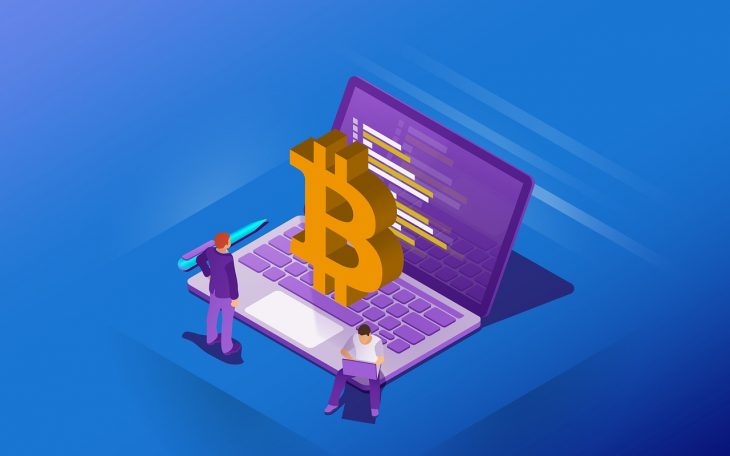A toll on the Massachusetts turnpike is $4.00, unless you can’t afford an EZPass then it will cost you $7.35*. This article published in Convenience, the web site of National Association of Convenience Stores (NACS), points out that restaurants are also increasingly eliminating cash and that the impact this has on the poor has finally started to create some pushback in D.C.:
“As more restaurants go cashless, a backlash is building, especially in the nation’s capital, where an increasing number of fast-casual eateries are only accepting credit or debit cards and mobile payments, the Washington Post reports. Sweetgreen, a national chain, doesn’t accept cash at most locations, including its Washington, D.C., unit, while Menchie’s, Barcelona Wine Bar, The Bruery, Jetties and Surfside in the District also refuse cash payments.
‘By denying the ability to use cash as a payment, businesses are effectively telling lower income and younger patrons that they are not welcome,’ said D.C. Council member David Grosso, who has introduced a bill that would require retailers to let customers pay in cash. Chicago didn’t pass a similar bill last year, and Massachusetts has a 1978 law on the books that’s for cash payments but it hasn’t been enforced regularly, according to the state retailers association.” (Emphasis by Payments Journal)
I was unaware of the 1978 Massachusetts law described here, but clearly MassDOT and the Massachusetts legislature are more interested in how it will spend the money saved and the new revenue generated than it is in old laws. The fact that the policy to go all electronic will also increase late payment fines from the poor, perhaps even putting some in jail for non-payment, is just icing on the cake.
In our rush to save money we have ignored the systemic biases this action creates against the poor (if you doubt this statement reread the Justice Department’s report on Ferguson Missouri and how the town’s cost cutting measures created that very same bias). My dollar bill states that “THIS NOTE IS LEGAL TENDER FOR ALL DEBTS, PUBLIC AND PRIVATE” and yet nobody is considering how this is becoming less true every day and the impact that reality will have and it isn’t just the poor.
It is ludicrous to think that paper currency can survive even as everything around us shifts to electronic bits that are controlled by software. But we mustn’t ignore the ramifications of this shift. Consider what the future would be like if all payments are electronic utilizing our existing payments infrastructure. It is likely the cost burden would move from the Federal government (that prints money) to all the entities that need to send or accept money (because they pay the network and processing fees). In this scenario a) the government will see significant savings, b) the entities making a payment will see increased costs, and c) payment networks will receive increased revenue and profits.
If we would prefer to keep the status quo then the Federal government should support an electronic form of tender, establishing a cryptocurrency that replaces paper but is also recognized as “LEGAL TENDER FOR ALL DEBTS, PUBLIC AND PRIVATE”.
If not done relatively soon, say in the next 5-8 years, then every state and private payment network will be so entrenched that it would likely prove too difficult and costly to switch.
* The difference described above is for anyone driving 113 miles between Natick and West Stockbridge according to MassDOT’s toll calculator










